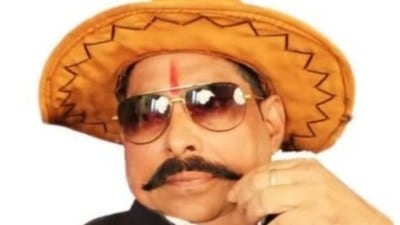Govt to launch pentavalent vaccine for Haemophilus Influenza
Vaccine protects against 5 potential killers Diptheria,Tetanus,Pertusis,Hib and Hepatitis B.
After putting it on hold for over three years,the government has decided to go ahead with pentavalent vaccine as a safeguard against Haemophilus Influenza,a deadly bacterial disease that claims nearly one lakh children every year.
India would be the 171st country to introduce this vaccine in the national immunisation programme.
Starting from the US which had adopted pentavalent vaccine in 1991,many other countries in Europe,Asia and Africa went on to draft it in their immunisation programmes.
The vaccine protects against five potential killers Diptheria,Tetanus,Pertusis,Hib and Hepatitis B,Satish Gupta of UNICEF said.
WHO official Chandrakant Lahariya said the government,which had decided to start this vaccine programme in 2008,had to suspend the launch in view of some apprehensions raised about its efficacy.
A team of experts constituted by the government to study the vaccine had made positive recommendations,following which government has now decided to launch the pentavalent vaccine from Kerala and Tamil Nadu this month,Lahariya said. UNICEF had last week organised workshops in Thiruvananthapuram and Chennai to popularise the vaccine before its launch in the two southern states.
“The pentavalent vaccine campaign as part of national immunisation programme will start from Kerala and Tamil Nadu from December itself,” Rajeev Sadanandan,Principal Secretary,Health and Family Welfare (Kerala) had said at the workshop.
Sadanandan,accompanied by officials from WHO and UNICEF,said Kerala and Tamil Nadu were chosen for the campaign due to their good performance in national vaccination programmes and system efficiency.
While in Kerala,the campaign would start from December 14,in neighbouring Tamil Nadu it will begin from December 17.
Lahariya said around 82,000 of 3.71 lakh deaths from pneumonia in India is due to Haemophilus Influenza type b (Hib),a bacterium that causes severe infections.
Globally 8.8 million children estimated under the age of five had died due to pneumonia in 2008,he added.
The officials said neighbour countries like Pakistan,Sri Lanka and Bhutan had stopped the vaccine recently following doubts raised on its efficiency but restored it after separate team of experts in these countries found it fit for children.



- 01
- 02
- 03
- 04
- 05
























